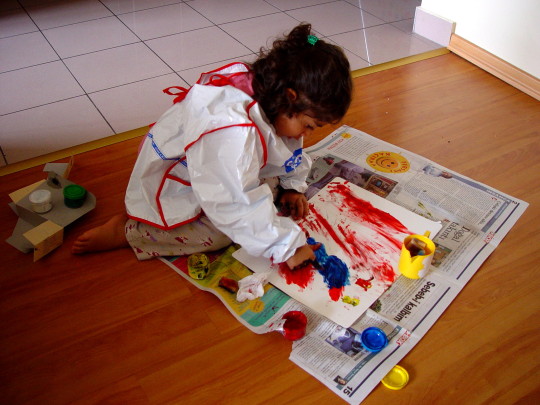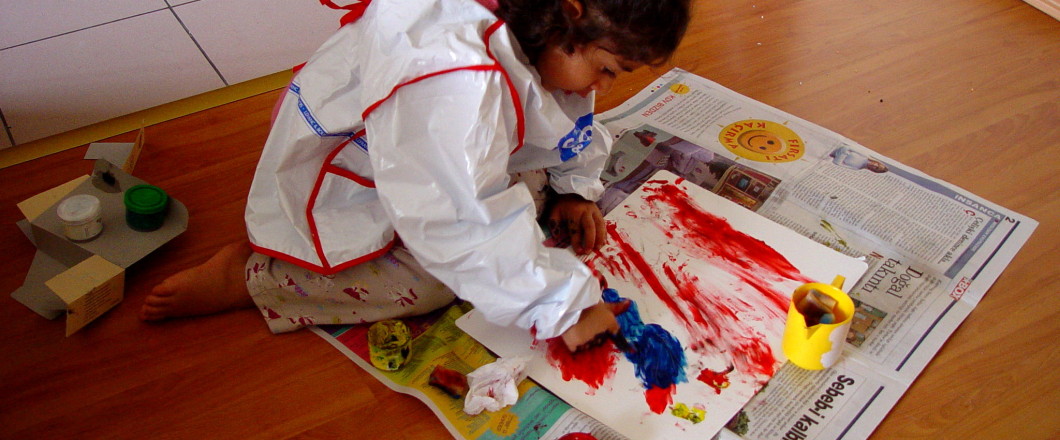For the past 2 weeks, I hadn’t written any articles or blog posts. Why you ask? For more than a month, the office has been very strongly focused on a really big design change to… well, everything really. And as the in-house designer, it’s been a project that I’ve had a very big hand in. The main thing that we’ve been focused on, as the title suggests, is designing a completely new logo.

Now, not every business has a designer in their office to tackle projects like creating a logo. Some businesses, in fact, don’t even have the resources to employ someone with a design skill-set. Some don’t know how to communicate what they want, and some don’t know what they want at all. Even still, some businesses don’t know where to turn for answers.
But you’re in luck! There are a lot of different ways to tell if you really need to change your logo. If you think your business could really benefit from a new logo, follow me on our little journey through the process and all the walls we had to bust through.
Step 1: Look before you leap.
Your time and money are probably really important to you. As such, it’s probably best that you not waste them, right? In that case, before you dive into the process, it’s important that you hammer down some vital pieces of information.
- What you want your logo to look like and say
- What you don’t want it to look like and say
- If the boss agrees on the first two items
- How much time you have for this project
- A specific structure of that time
- How much money you can spend on this project
- Where your logo will be used and seen
- What a new logo might potentially fix / improve
- What a new logo might potentially destroy / ruin

What you want your logo to look like and say
While you probably don’t know exactly what you want your logo to look like, it’s good to know some of the things you might want in regard to its design. I’d suggest holding a meeting with representatives from sales, marketing, and other departments where appropriate. If you’re a small business and don’t have those departments (we sure don’t!), then make sure everyone important is attending.
Discuss what you want your logo to say about you, ask if anyone has any ideas, and get as much set in stone as you can before going setting the plan in action. Don’t spend too long on this (1 week is a good guideline), but don’t rush it either. The more info you have, the less time and money is spent in the long run.
What you don’t want it to look like and say
Just as useful as what you DO want, what you DON’T want can really narrow down what direction to take. This is especially true if you’re planning on working with a freelancer or anyone who’s not an employee at your business. Be clear about this information, and discuss this at that meeting you planned.
If the boss agrees on the first two items
Before anything happens, it’s crucial that the “higher-ups” agree that this project is necessary. It’s also important that they’re shown the results of your meeting. This not only makes communication with anyone above you easier and better, it shows that you have initiative and know what you’re doing.
How much time you have for this project
Again, your time is important. You can’t wait 10 months for your logo to be done. But how long should you be willing to wait? Though it depends on a lot of different factors and specifics, a logo should never take more than a couple of months to come up with. If you’re a small business in a really specific niche, it’ll take a lot less time than, say, if you’re an international corporation that does a lot of different things. Some of those companies never change their logos and still manage to be one of the best out there.
A specific structure of that time
You’ve decided on the amount of time you’re willing to let this project go for. But what does that time mean to you if you don’t know what’s being done when? Next to nothing. If you don’t have an idea of how long each phase of the process should take, you’re giving the person(s) working on it too little structure. I tend to break design projects up into 5 phases: first drafts, revised drafts, choosing one to work from, final drafts based on choice, and exchange of files and rights.
Even if it’s just a general set of guidelines, give those working on the project an idea of how long they have to work on the current phase they’re in. After all, their time is important too!
How much money you can spend on this project
A logo might put a pretty nice dent in your marketing budget. So figure out just how much money you can afford to spend on it. And if you’re using a freelancer or design firm, figure out what kind of payment structure you should set up with them. Paying by the hour might be better for you. Or maybe a flat payment for the finished product will suffice. That one really depends more on you than a standard.
Where your logo will be used and seen
Website, storefront, business cards, document headings, billboards, cardboard cutouts – there are almost an infinite amount of places that a logo might be seen. It’s up to you to decide what ways customers will be interacting with your new logo. You should figure this out before talking to those who will be working on your logo so they know how to format it, and even more so for what kinds of files and sizes they’ll give you.
What a new logo might potentially fix / improve
You wouldn’t pay a plumber to fix your sink unless you knew there was something wrong with it, right? Then why would you pay someone to make a logo unless you knew what needed to be fixed? Beyond the point of knowing if change is necessary, it’s important that you know what about your logo needs to be changed. Maybe it doesn’t hit the right demographics. Maybe your business has grown but your logo has stayed the same. Or maybe you just need something fresh.
Whatever the case, try to narrow down the qualities of your logo that are unsuccessful, or not as successful as they could be. And most of all, be sure to figure out how to convey those problems to whomever you have working on the project.
What a new logo might potentially destroy / ruin
Just like with knowing what you want and don’t want, what your logo can and will do is a double-edged sword. You might have an idea of what you might gain from a new logo, but you should try to get a grasp on what you might potentially be losing too. There’s a reason your logo is still around. Even if there are only one or two simple things that your logo does well, make a note of it! It’ll help you retain those qualities.




One thought on “Learning by Doing: Designing a Logo – Part 1”